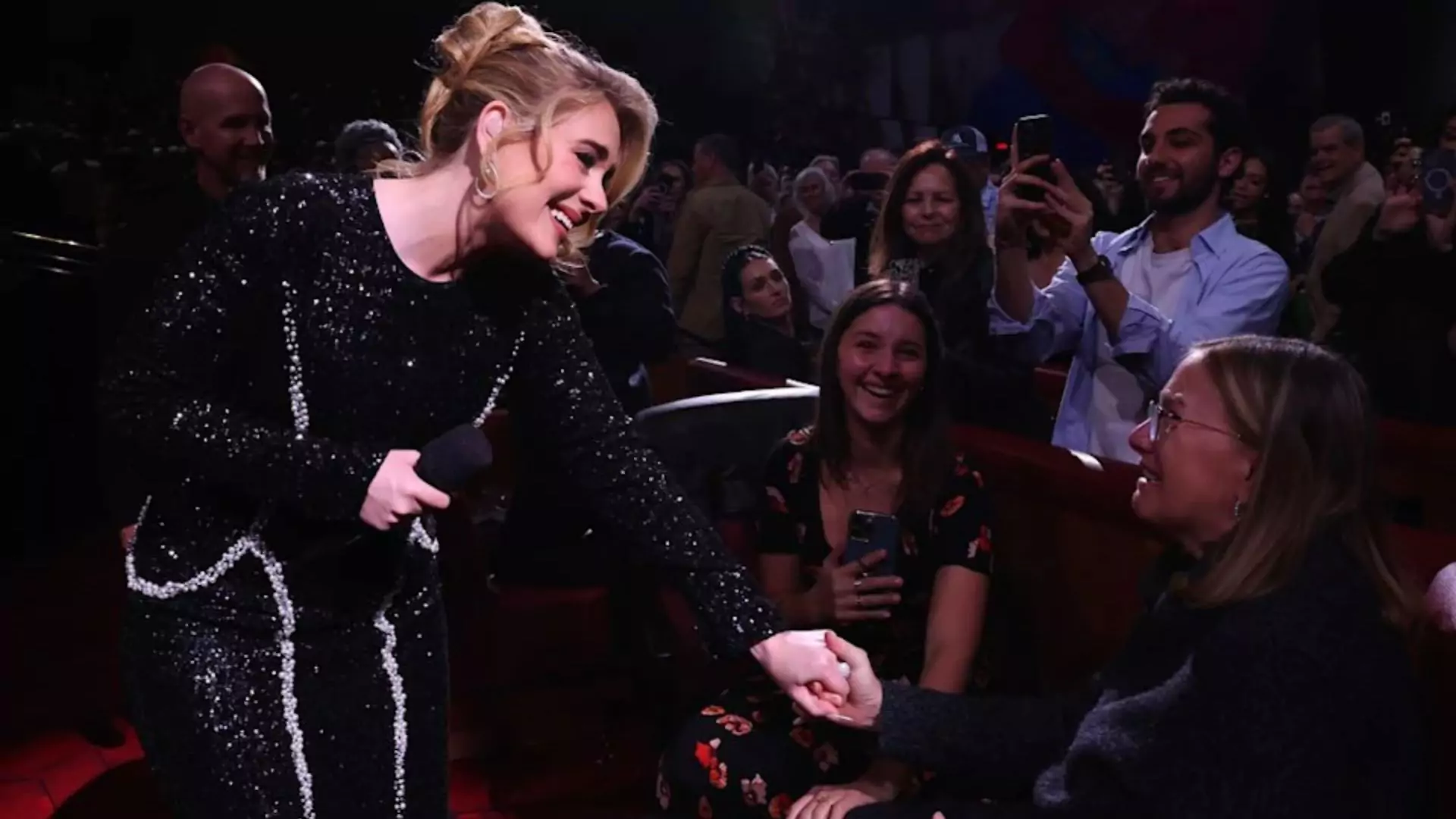American pop sensation Taylor Swift’s highly anticipated Eras Tour has inadvertently ignited a diplomatic standoff as she embarks on a string of sold-out performances in Singapore. With six shows scheduled from March 2 to 9, Swift’s exclusive deal with Singapore has drawn sharp criticism from neighboring countries, notably Thailand and the Philippines, who have branded the arrangement as “unfriendly.”
The controversy stems from an exclusivity clause negotiated by Singapore Prime Minister Lee Hsien Loong, which prohibits Swift from staging performances elsewhere in Southeast Asia during her tour. This clause, estimated to be worth approximately £14 million, has triggered discontent among neighboring nations, particularly Thailand and the Philippines.
Thai Prime Minister Srettha Thavisin expressed disappointment upon learning of the agreement, revealing that Singapore offered Swift up to US$3 million per concert to refrain from performing in other ASEAN countries. Thavisin lamented the missed opportunity for Thailand to host Swift’s concerts, asserting that it would have been a lucrative endeavor capable of stimulating the economy and attracting tourism.
Similarly, Filipino lawmaker Joey Salceda condemned the exclusivity deal, denouncing it as contrary to the spirit of regional cooperation. While acknowledging the economic benefits for Singapore, Salceda emphasized the detrimental impact on neighboring countries, whose fans are compelled to travel to Singapore for the concerts. Salceda urged the Philippines not to overlook such actions, stressing the importance of defending national interests.
In response, Singapore Prime Minister Lee defended the arrangement, highlighting the benefits it brings to the nation’s tourism sector, particularly in the aftermath of the Covid-19 pandemic. Lee emphasized that such deals are not uncommon and underscored their mutually beneficial nature. He refuted claims of unfriendliness, citing similar arrangements that other countries may have made with Swift.
Despite the diplomatic tensions, Lee reiterated Singapore’s commitment to fostering regional goodwill and economic growth. He maintained that Swift’s decision to perform in Singapore was ultimately her prerogative, and the exclusivity clause merely reflected mutually beneficial negotiations.
As Swift’s Singapore concerts continue to draw massive crowds and international attention, the diplomatic dispute underscores the intricate intersections between entertainment, economics, and international relations in the modern era.

















